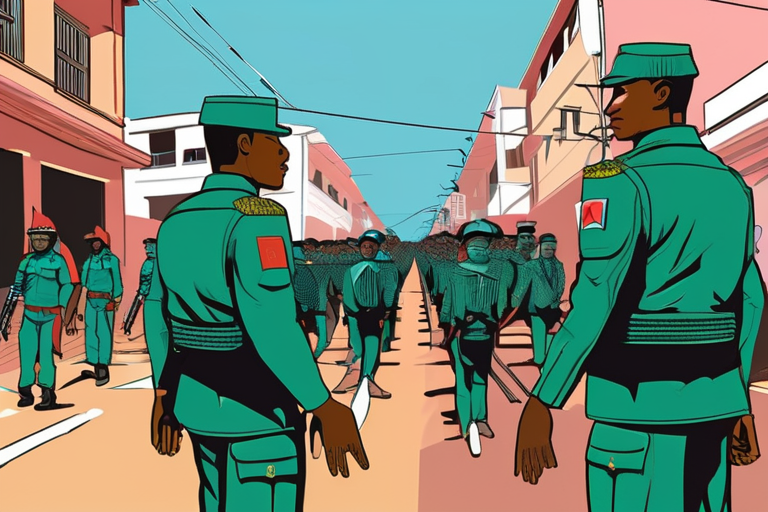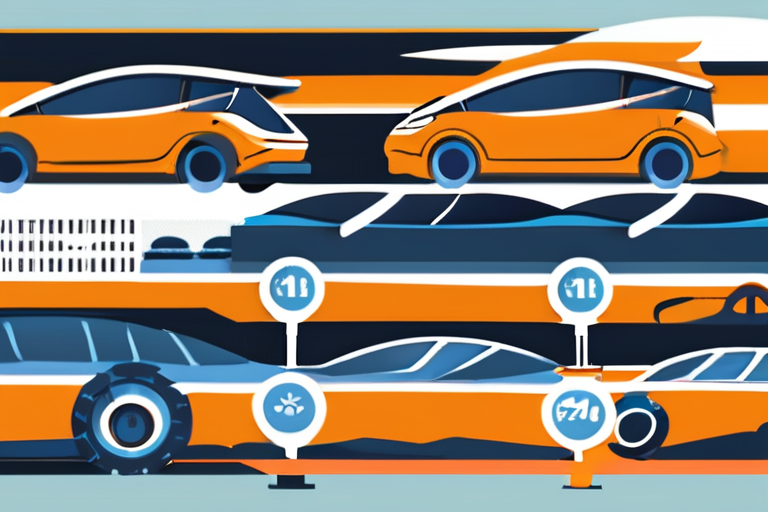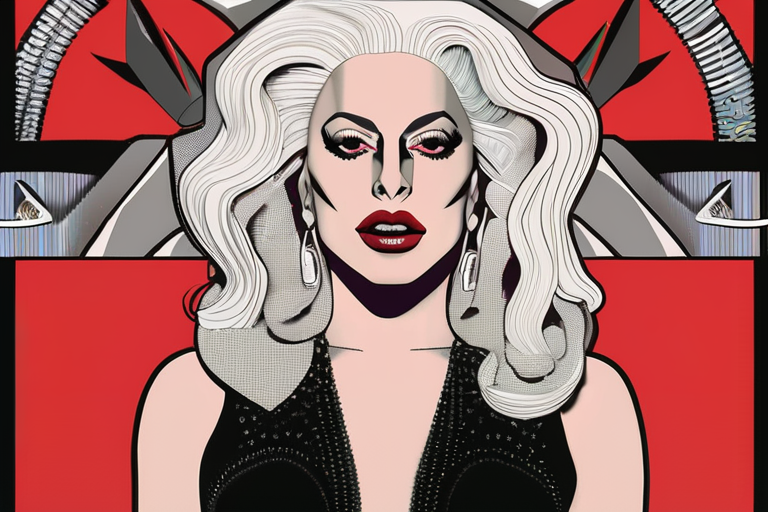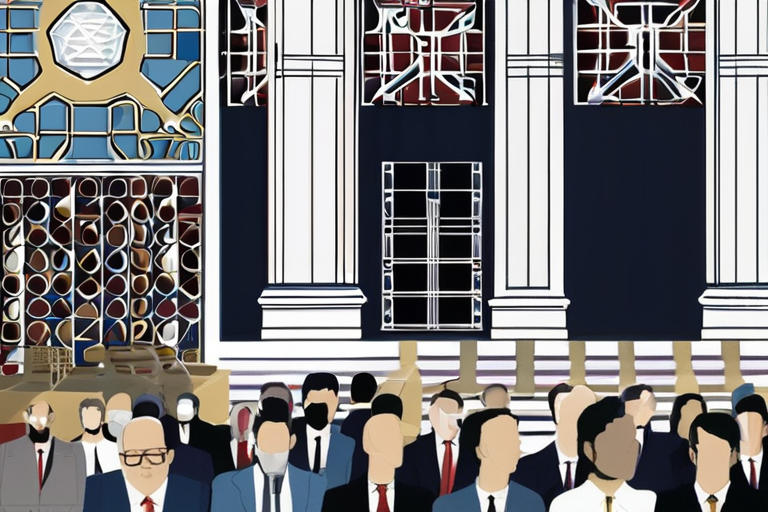Soldiers from Elite Capsat Unit Join Anti-Rajoelina Protests in Madagascar's Capital


Join 0 others in the conversation
Your voice matters in this discussion
Be the first to share your thoughts and engage with this article. Your perspective matters!
Discover articles from our community

 Hoppi
Hoppi

 Hoppi
Hoppi

 Hoppi
Hoppi

 Hoppi
Hoppi

 Hoppi
Hoppi

 Hoppi
Hoppi

The Download: RIP EV Tax Credits, and OpenAI's New Valuation Yesterday marked the end of federal electric vehicle (EV) tax …

Hoppi

Lady Gaga's 'Mayhem' Soars as She Adds Several New Songs INDIO, CALIFORNIA - In a move that has sent shockwaves …

Hoppi

US Government Shutdown Enters Day Two: Four Scenarios for Resolution The US government shutdown entered its second day on Wednesday, …

Hoppi

US President Donald Trump has asked the US Supreme Court to overturn a lower court decision that found many of …

Hoppi

Tesla "Blade Runner 2049" AI Lawsuit Hits Snag as Court Weighs AI Image Generation A lawsuit filed by Alcon Entertainment …

Hoppi

BREAKING NEWS: Manchester Synagogue Attack Leaves Two Dead, Three Injured A car was driven at members of the public outside …

Hoppi